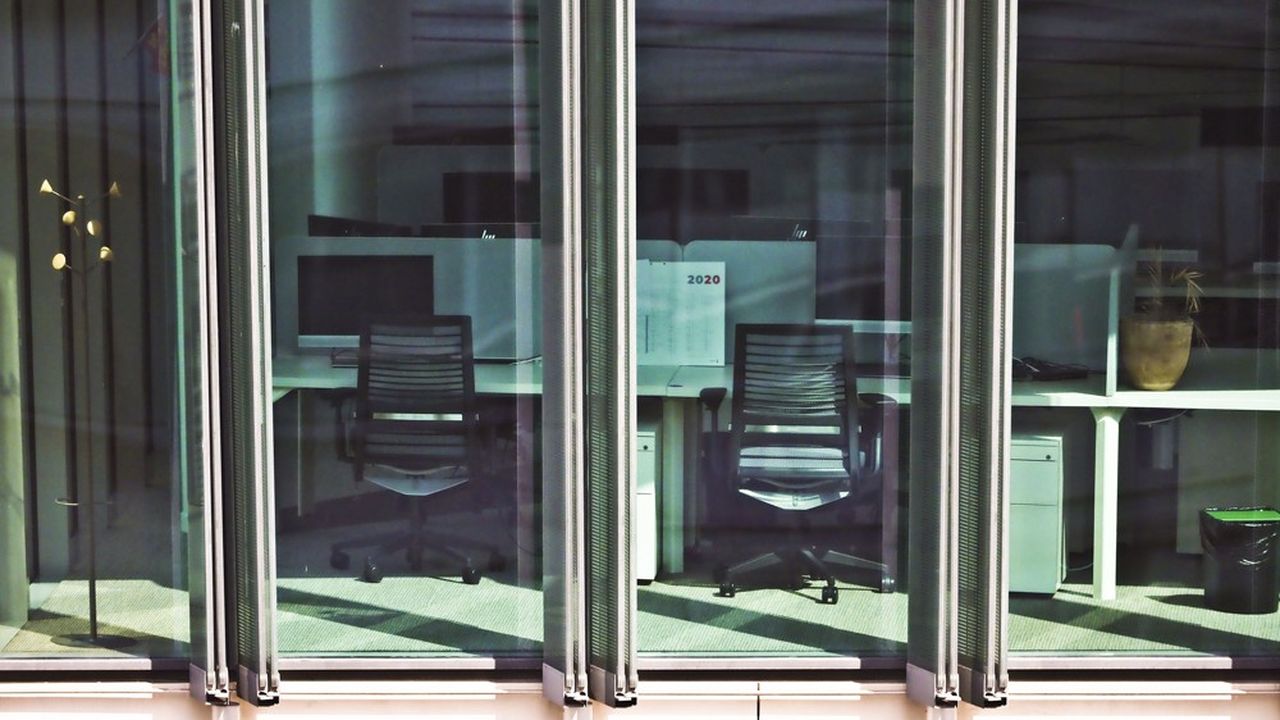
Business life, stock market, international news… All the news from this Thursday, September 5th can be followed here.
> The main news from this Thursday
6:47 – Russia reportedly received over 16,500 containers of North Korean munitions and equipment in one year
That’s the figure given by Robert Koepcke, US deputy assistant secretary of state for Korea, Japan and Mongolia, at a security forum in Washington. According to him, since last December, Russia has launched 65 North Korean missiles towards Ukraine. “These arms transfers constitute clear violations of multiple resolutions of the United Nations Security Council (UNSC),” he explained.
Robert Koepcke also explains that Washington is “deeply concerned” about what North Korea is getting in exchange for its arms support to Russia. “In exchange for missiles sent to Russia, we believe that Pyongyang is seeking assistance from Russia, including fighter jets, surface-to-air missiles, armored vehicles, ballistic missile production equipment and other materials.”
6:38 a.m. – Colombia: President denounces illegal purchase of Pegasus software by police
Colombian police “purchased in cash (…) from an Israeli company software to spy on mobile phones” between June and September 2021, Colombian President Gustavo Petro said in a televised address. According to him, the police intelligence services paid $11 million in cash to the Israeli manufacturer of the software, NSO Group, and used Pegasus to “intercept the communications” of political leaders and activists, without this expenditure appearing anywhere in the public accounts.
6:31 a.m. – Employee absenteeism declines after years of increase, study finds
In 2023, the absenteeism rate in companies reached 4.8%, compared to 5.4% the previous year, according to a study by the consulting firm WTW. A figure lower than the level of 2020, but still above the rate of 2019, the last year before the start of the Covid pandemic. This general decline was also accompanied by a decrease in the share of employees who had recourse to a work stoppage, as well as the average number of work stoppages per employee.
Only one indicator, the average duration of work stoppages, is increasing, rising to twenty-three days compared to twenty days last year. This increases regardless of the age of the employees.
For Noémie Marciano, Director of Personal Insurance and Benefits at WTW (Willis Towers Watson), the general decline is “to be taken with caution”, particularly in light of a high absenteeism rate the previous year. The overall trend for several years has remained upward, due to an “aging of the working population” and “lifestyle habits (…) modified by Covid”, she explains.
6:24 a.m. – Joe Biden’s son’s tax fraud trial resumes
The Hunter Biden legal saga resumes in Los Angeles, as his trial for tax fraud begins. Joe Biden’s youngest son faces one count of tax fraud and two counts of making false statements for failing to pay $1.4 million in taxes over the past decade. He was previously convicted this year of lying about his drug addiction when buying a gun — a felony in the Biden home state of Delaware. His sentence has yet to be announced.
6:21 a.m. – UN chief calls for redress of “historical injustices” against Africa
UN Secretary-General Antonio Guterres called for redress of “historical injustices” against Africa, in a speech to some 50 African leaders gathered for the Forum on China-Africa Cooperation in Beijing. “It is scandalous (…) that the African continent does not have a permanent seat on the UN Security Council,” he said.
He also said China and Africa can jointly lead the “renewable energy revolution.” “China’s remarkable record in development, especially in poverty eradication, is a great source of experience and expertise,” he said.
6:13 a.m. – Decarbonization of industry: France and Germany in “reversed situation”
German industry emits proportionally fewer greenhouse gases than its French competitor, but France has a clear lead in terms of process electrification, according to a study published by the think tank La Fabrique de l’Industrie and the consulting firm McKinsey. Direct emissions from French industry (“scope 1”) amounted to 380 grams of CO2 or equivalent per euro of added value in 2021, a more carbon-intensive sector than German industry, which emitted 290 grams of CO2 on the same basis, the authors indicate.
Explanation of the difference: French industry is more represented in basic sectors such as metallurgy, chemicals, the manufacture of non-metallic mineral products, paper and cardboard or coking and refining – which are also the most emitting – than German industry, which is more focused on less emitting sectors, such as the automobile industry.
6:10 a.m. – China promises $50 billion over three years to Africa
This funding, equivalent to around 45 billion euros, should help strengthen infrastructure and trade exchanges between the Asian giant, the world’s second largest economy, and the African continent. China-Africa relations are experiencing their “best period in history”, Xi Jinping assured at the opening ceremony of the Forum on China-Africa Cooperation, the largest diplomatic meeting organized in Beijing since the Covid pandemic.
“China is ready to deepen cooperation with African countries in industry, agriculture, infrastructure, trade and investment,” he added. China is already the African continent’s largest trading partner, with bilateral trade reaching $167.8 billion (€151.8 billion) in the first half of 2024, according to Chinese state media.
6:06 a.m. – European Vega rocket puts satellite into orbit for final mission
Initially scheduled for the day before but delayed by 24 hours due to “electrical problems on ground connections” according to Arianespace, the liftoff finally took place yesterday at 22:50 (this morning 01:50 GMT). The rocket was carrying the Sentinel-2C satellite of the European Union’s Copernicus program, which was successfully placed in sun-synchronous orbit at an altitude of about 775 km, 57 minutes and 27 seconds after launch, Arianespace later announced on X.
This mission, named “VV24”, was the last of the Italian Vega launcher, from the Avio firm, in service since 2012, before the handover to Vega C, an improved and more powerful version but grounded since 2022 after an accident which caused the loss of two Airbus satellites.
6:03 – First phase of anti-polio campaign in Gaza a success, WHO announces
This first phase allowed the administration of a first dose to nearly 200,000 children in the center of the Palestinian territory, announced the World Health Organization. More than 500 teams, bringing together a total of nearly 2,200 health professionals and social workers, participated in this operation. The vaccines were able to be administered in 143 sites. The operation aims to vaccinate more than 640,000 children in the besieged territory, devastated by nearly eleven months of war, and the first phase in the center of the strip has already reached 187,000, according to the WHO.
6:00 a.m. – Pope and Grand Imam of Jakarta sign joint appeal against “religious instrumentalization of conflicts”
In their “Istiqlal Declaration” (named after the mosque where they met), the two religious leaders expressed concern about “dehumanization” linked to the “generalization of conflicts and violence” and called for “decisive measures to preserve the integrity of the natural environment and its resources.” “We have two big messages. The first is that (…) humanity is one, there are no colors. And the second is how to save our environment. These are two very important topics today,” said Jakarta’s Grand Imam Nasaruddin Umar.




